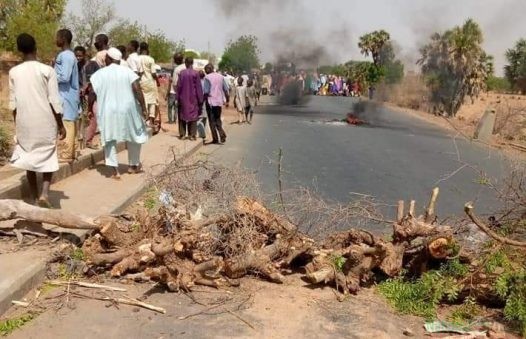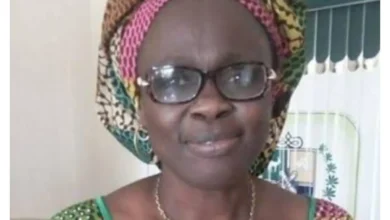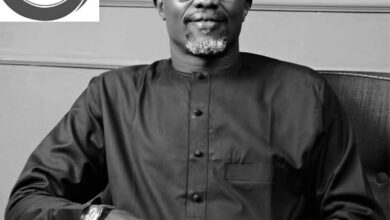
Disturbed by recent spate of insecurity in Nigeria, many Nigerians have taken to social media to express their displeasure over the security challenges the country.
For a former Kaduna senator, Shehu Sani,
most of the killings that occurred in Northern Nigeria should be of concern to leaders from that part of the country.
He suggested that Northern leaders were reluctant to criticise President Muhammadu Buhari like they did his predecessor, Goodluck Jonathan, when the security situation deteriorated.
“Mass killings in Borno and the North West and the North is quiet. No Northern youths to condemn the FG; No Northern Islamic Clerics to allege genocide. No Northern Christian Clerics to allege conspiracy. No Northern Governors forum to fault security chiefs and the Federal Government. No Arewa forum to call for resignation of those with the responsibility to protect. No Emirs and Chiefs to “urge on the Government to wake up”. No legislators to call a spade a spade.”
“The Lions who roared in the defence of the North under the fisherman from the creeks have lost their voices under the Horseman from the Sahel,” he wrote.
In an interview on Saturday, an activist, Ayo Aribisala, said President Muhammadu Buhari refused to live up to expectations.
“Five years after taking charge, Buhari’s administration refused to take responsibility. He once called Boko Haram cowards before he was elected in 2015. It is so glaring to Nigerians that the insurgents are not cowards but Buhari himself. Enough of English like insecurity is tactically or technically defeated. Nigerians will know themselves without plenty English when the country is secured.
Meanwhile, not tpleased with the recent attacks especially that of Tuesday that claimed the lives of 81 civilians in Borno, the United Nations Humanitarian Coordinator in Nigeria, Edward Kallon, said on Thursday that he was “gravely concerned”.
He described the attack as “deadliest recorded in north-central Borno State since July 2019.”
Boko Haram has killed some Nigerian citizens
Kallon said the incident has sent “shockwaves across the humanitarian community working to provide life-saving assistance to the most vulnerable in Borno State.”
“I am also troubled by the widespread practice by non-state armed groups of setting up illegal checkpoints along main supply routes, which heighten risks for civilians to be abducted, killed or injured.
“Aid workers are directly impacted and the humanitarian community is disturbed by the news of possible abductions, including that of a camp manager from the Borno State Emergency Management Agency working in the northern Borno State town of Monguno, where tens of thousands of civilians are desperately in need of humanitarian assistance,” he said.
Similarly, the leadership of the National Assembly on Thursday met with heads of security agencies in the country over the spate of insecurity in the country.
After the meeting, Senate President Ahmad Lawan said any of the service chiefs who is found to have performed less than expectations, despite adequate provisions, should be sacked. He said the lawmakers resolved to schedule a meeting between the leadership of both chambers of the National Assembly and President Muhammadu Buhari.
However, despite the attacks, in his Democracy Day speech on Friday, Buhari said his administration has been able to stem insecurity and its attendant threat to food security in Northeast Nigeria.
He also said most of the local government areas that were, prior to his administration, under the control of outlawed armed groups like Boko Haram, have been reclaimed and displaced residents have returned to their homes.
Buhari said his government, in the area of security in the past five years, “remain(s) unshaken” in its “resolve to protect our national infrastructure including on-shore and off-shore oil installations, secure our territorial waters and end piracy in the Gulf of Guinea.
The broadcast came hours after ISWAP circulated the video footage showing the execution of the abducted soldier and police officer.




